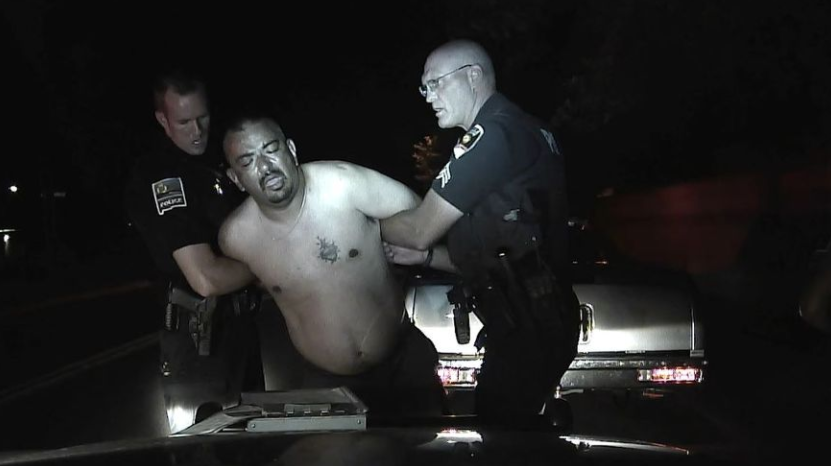LE: How Has Being a Cop Changed You?
By Rob Shaul & Charles Bausman
We started fitness programming for Law Enforcement Officers in 2012 and in the years since have spent time working with individual officers and traveled to work with groups of officers and small units.
Over that time our respect for law enforcement officers as quiet professionals has continued to grow.
We work with three tactical populations: military, fire/rescue and law enforcement. The media coverage of the military and fire rescue is certainly more positive than the coverage of law enforcement. The police shooting incidents the country has dealt with explain much of this and the impact has been substantial.
According to Gallup, the US Population’s confidence in the police is at a 23 year low (1993 – shortly after the Rodney King Trial) and since 2014, there’s been a 29% decrease in police confidence amongst Americans.
Violence toward police is up. Through November, there has been 132 line of duty officer deaths in 2016, 59 of these due to shootings – an increase of 64%.
In comparison, 17 US servicemen have died in combat our accidents while deployed to the Middle East this year.
We wonder how this media coverage and loss of confidence has impacted front-line law enforcement officers and more generally, how being a cop has changed them.
Enduring physiological trauma from violence clearly has an effect. We stumbled across a blog post describing this here.
We suspected divorce rates amongst police would be high, but actually, divorce rates for law enforcement at around 14% is slightly below the national average (16%) for all occupations.
A 2010 study found 11% of male police and 6% of female police have “at-risk” drinking behaviors for alcohol.
Police have slightly higher rates of depression than the general population and a slightly higher suicide rate.
But other issues, not as obvious to outsiders or studied by researchers, affects individual law enforcement officers as well.
One law enforcement officer who is close to MTI described years on patrol and the grind of “dealing with turds” every day. This individual described how they could never trust anyone on the job, and how they brought this constant suspicion home, leading to trust issues with the spouse.
We’ve heard about the effects of frequent deployments on our military, but in a way, law enforcement officers are constantly deployed. Another individual we worked with questioned a regular patrolman’s ability to decompress and recover in the 1-2 days off each week. This individual described how coming off duty, it takes time to decompress, and how long before the rest days are completed, the patrolman starts “spooling” up again psychologically to prepare for patrol. The time to decompress and spool up both cut into actual time at ease off duty.
We’ve created a survey to ask specific questions and elicit focused comments. Click here for the follow-up article including survey results.
Questions? Email coach@mtntactical.com
Sources
- “Measuring Influences on Public Opinion of the Police Using Time-Series Data: Results of a Pilot Study” (2005) Miller, Davis, Henderson, Markovic, and Ortiz
- “Attitudes Toward the Police: The Effects of Direct and Vicarious Experience” (2005) Rosenbaum, Schuck, Costello, Hawkins, and Ring
- “Voters Perceptions of Crime Continue to Conflict with Reality” http://www.pewresearch.org/fact-tank/2016/11/16/voters-perceptions-of-crime-continue-to-conflict-with-reality/
- “Confidence in Institutions” http://www.gallup.com/poll/1597/confidence-institutions.aspx
- Honor the Fallen – http://thefallen.militarytimes.com/
- Officer Down Memorial Page – https://www.odmp.org/search/year/2016
- http://www.gallup.com/opinion/polling-matters/193586/public-opinion-context-americans-race-police.aspx
- http://www.policesuicidestudy.com/
You Might Also Like MTI’s LE OnRamp Training Plan

